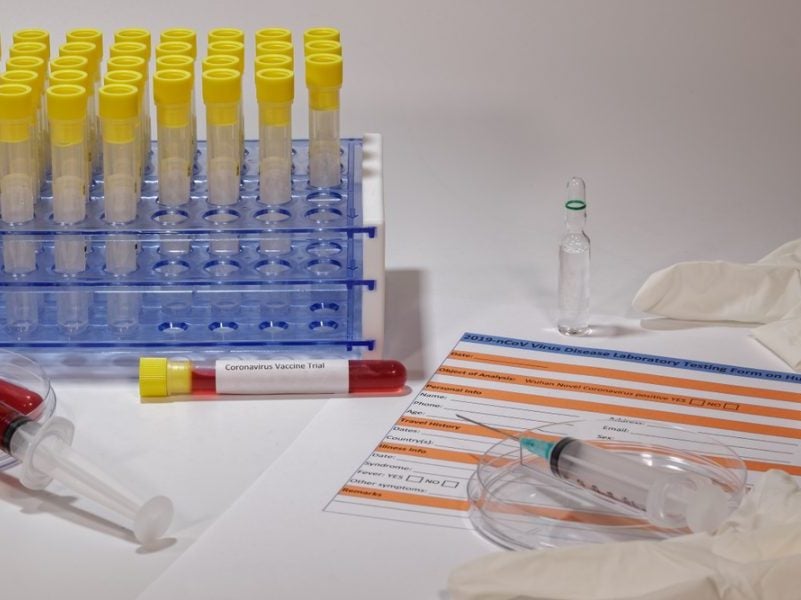A number of companies, ranging from small biotechs with no marketed products, to larger players with notable infectious disease experience, such as Gilead and Johnson & Johnson, have thrown their hats into the ring to develop an agent to address the ongoing Wuhan coronavirus outbreak, which as of 4 February has infected over 20,000 people and resulted in just over 400 deaths.
Importantly, Gilead’s remdesivir, a nucleotide analog initially being developed for Marburg and Ebola viruses, will be evaluated as part of clinical trials in China for treatment of 2019-nCoV. In a new piece, ‘Caution Required in Interpreting the Infectiousness of the Novel 2019 Coronavirus’, GD director of epidemiology Kasey Fu notes that our understanding of the disease’s transmission, and associated morbidity and mortality, remain murky, and that we have to rely on small pieces of data to inform future steps. Further, because this data is nascent, it may also be unreliable and subject to change, perhaps rapidly.
Michael Breen, associate director of infectious diseases at GlobalData, says: “This is where clinical trial design will be critical; we have seen seemingly promising agents for other indications stumble in development due to underpowered trials, or targeting the wrong patient subset. We know for influenza, the disease largely targets older patients or those with comorbidities; these groups would be a good starting point, but without enrolling a sufficient number of patients and selecting appropriate endpoints, it may be difficult to demonstrate efficacy. Improperly running a trial could cause issues in demonstrating that an agent is indeed effective, which would be a devastating outcome.”
At present, the rate of mortality is under 3%, meaning that if 100 people each receive a placebo or experimental treatment, and that treatment is 100% effective, three lives would have been saved. Statistically, this is very difficult to demonstrate without large numbers of people. However, if patients at increased risk of mortality represent the majority of patients enrolled in a trial, efficacy in reducing mortality will be easier to demonstrate. This benefit would likely be applicable to other key measures, such as severity and duration of illness.
Breen adds: “While the global health community wants a rapid response in terms of developing a therapeutic, that response must be measured. A subtlety that people forget is that a majority of those infected during this outbreak appear to recover; thus, those taking ineffective agents might conclude that they were indeed successfully treated, when in reality they likely would have recovered without treatment. This would be harmful to patients with comorbidities making them increasingly susceptible to the virus, by promoting use of agents that are effectively a placebo.”

US Tariffs are shifting - will you react or anticipate?
Don’t let policy changes catch you off guard. Stay proactive with real-time data and expert analysis.
By GlobalData





